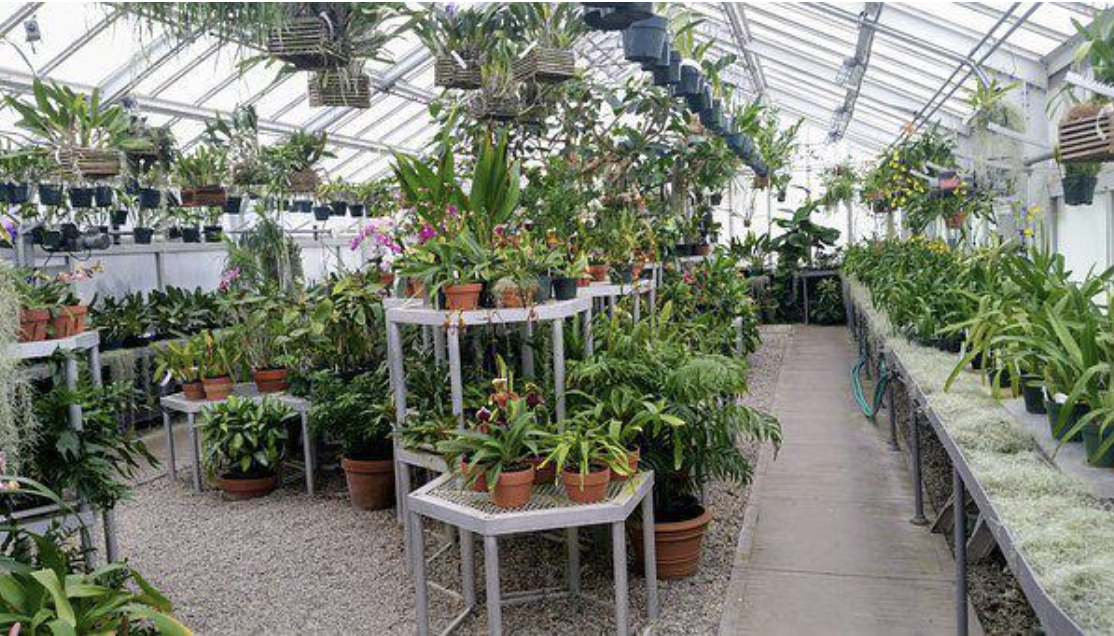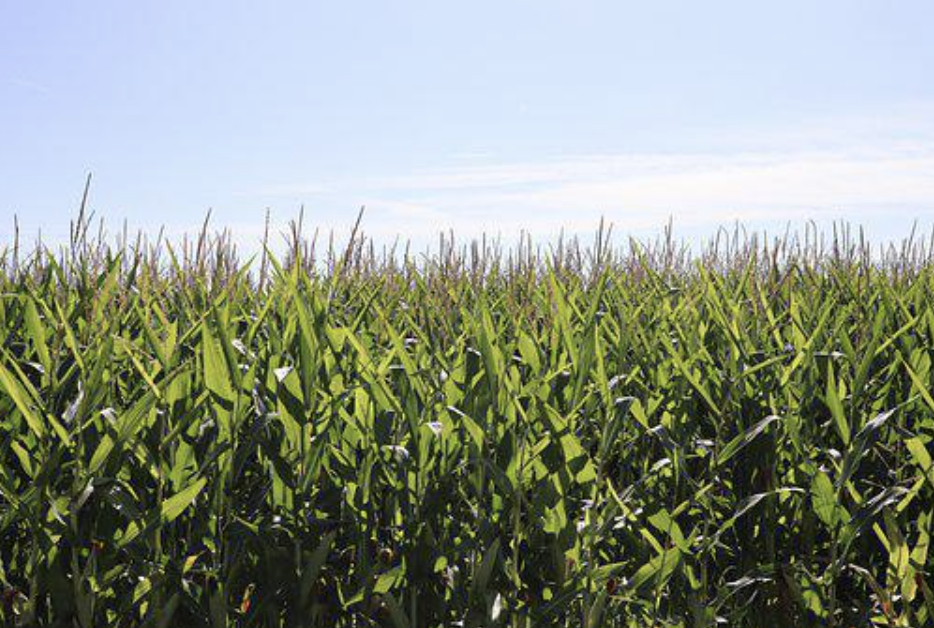5 Keys benefits sustainable farming offer
Changing how we produce and grow food can play a significant role in improving the economy and, at the same time, conserving the environment. Industrial farming has contributed to soil degradation and other environmental pollution. Therefore, a better and more conducive farming method such as sustainable farming may play a tremendous role in producing adequate food and nourishing and conserving our environment. The following article will survey the various benefits of sustainable farming.

What Is Sustainable Farming?
Before looking at the various benefits of sustainable farming, it would be good if we understood what it is. Sustainable farming is adopting methods that consider the environment, society, and the economy. It’s a method that uses organic and natural ways of farming. Sustainable farming is a perfect alternative to industrial agriculture.
Benefits of Sustainable Farming
Prevents Pollution
Using pesticides, insecticides, and fertilizers contributes to environmental pollution. Further, smoke during agricultural burning, carbon gasses, nitrous oxide emissions, mainly from fertilizers, and dust from tillage contaminate the air and hence impact the quality of the air we breathe. Air contamination can cause contagious diseases and health conditions.
One key benefit of sustainable farming is that it helps to conserve the environment and improve air quality. Various organic methods to improve soil fertility can help prevent harmful air emissions. Further, the use of tillage and agricultural residue can play a significant role in improving air quality.
Soil erosion has been a severe global issue, leading to soil degradation and affecting agricultural production. Farmers can use cover crops, windbreaks, or strips of native perennial grasses to help prevent dust in the air and reduce soil erosion. Further, we can prevent soil erosion by managing irrigation and reducing tillage. Agroforestry and crop diversification will also play an essential role in enhancing the biological and economic stability of the farms. Soil erosion has been a severe global issue, leading to soil degradation and affecting agricultural production.
It Improves Public Health
One key benefit of sustainable farming is that it positively impacts the general public’s health. The chemicals from pesticides, insecticides, and fertilizers severely affect human health. Consistent use of these chemicals or too much exposure may lead to harmful effects such as nose irritation, dizziness, blisters, nausea, and diarrhea. Further, you may experience skin conditions that can even lead to cancer.
Some agricultural chemicals, such as pesticides, may contain pyrethroid, carbamate, and organophosphate, which may lead to an asthma attack. Further, farmers and even the general public may experience chronic health conditions due to exposure to these chemicals, such as infertility, brain, and nervous system damage, and cancer in various parts of the body, such as the prostate and brain. Children may also be affected by this chemical which may cause behavior and physiological alteration.
Therefore, adopting sustainable farming and restraining pesticide use can help make farming conducive for the workers and the community. Minimizing exposure to these chemicals can help prevent all these illnesses and conditions.
Reduces Production Costs
With the increasing global population, there is a high demand for more food. These may seriously challenge most farmers and limit their production activities. However, by adopting innovative and better methods of farming, farmers can reduce the overall production cost while at the same time minimizing wastage.
For example, with sustainable farming, a farmer will not have to use expensive farm chemicals such as pesticides and insecticides but rather use organic waste and manure to improve soil fertility. This helps to reduce the cost while at the same time minimizing wastage.
Further, farmers can adopt a hydroponics system, a cost-effective farming method. In such a system, you can maximize the use of your small garden to grow more plants.
Sustainable farming can help you save significantly and reduce general production costs.


Encourages Biodiversity
Sustainable farming practices, which are eco-friendly such as crop rotation, can help improve soil fertility, prevent diseases and also prevent pest outbreaks. Further, this method can encourage farmers to include a wide range of products in their farms and hence help improve the biodiversity in the community.
Due to the ubiquitous toxins, some of the farm chemicals may also affect the indigenous plants, such as pollinators, may also affect indigenous plants. For example, the patched bumble bee plant is an example of a pollinator plant that has been seriously affected.
Using pesticide-free farming helps encourage and improve the population of indigenous plants.


It is Conducive For Animals
Sustainable farming is animal friendly and contributes to better livestock development and general health. In livestock production, sustainable agriculture involves selecting the best animal nutrition, animal species, better reproduction method, grazing management, and herd health.
Farmers can care for and treat their animals respectfully using sustainable farming. They adopt natural habits and methods to feed their animals, such as grazing or pecking. This enables the animals to grow more naturally and healthily.
In addition, in sustainable farming, you can use techniques such as livestock husbandry to protect the health of your animals.


Wrapping Up
Sustainable farming is important and plays a critical role in our modern society. Sustainable farming does not ignore the part of technology in today’s world. However, it provides methods to minimize the wastage and effects of industrial agriculture.





